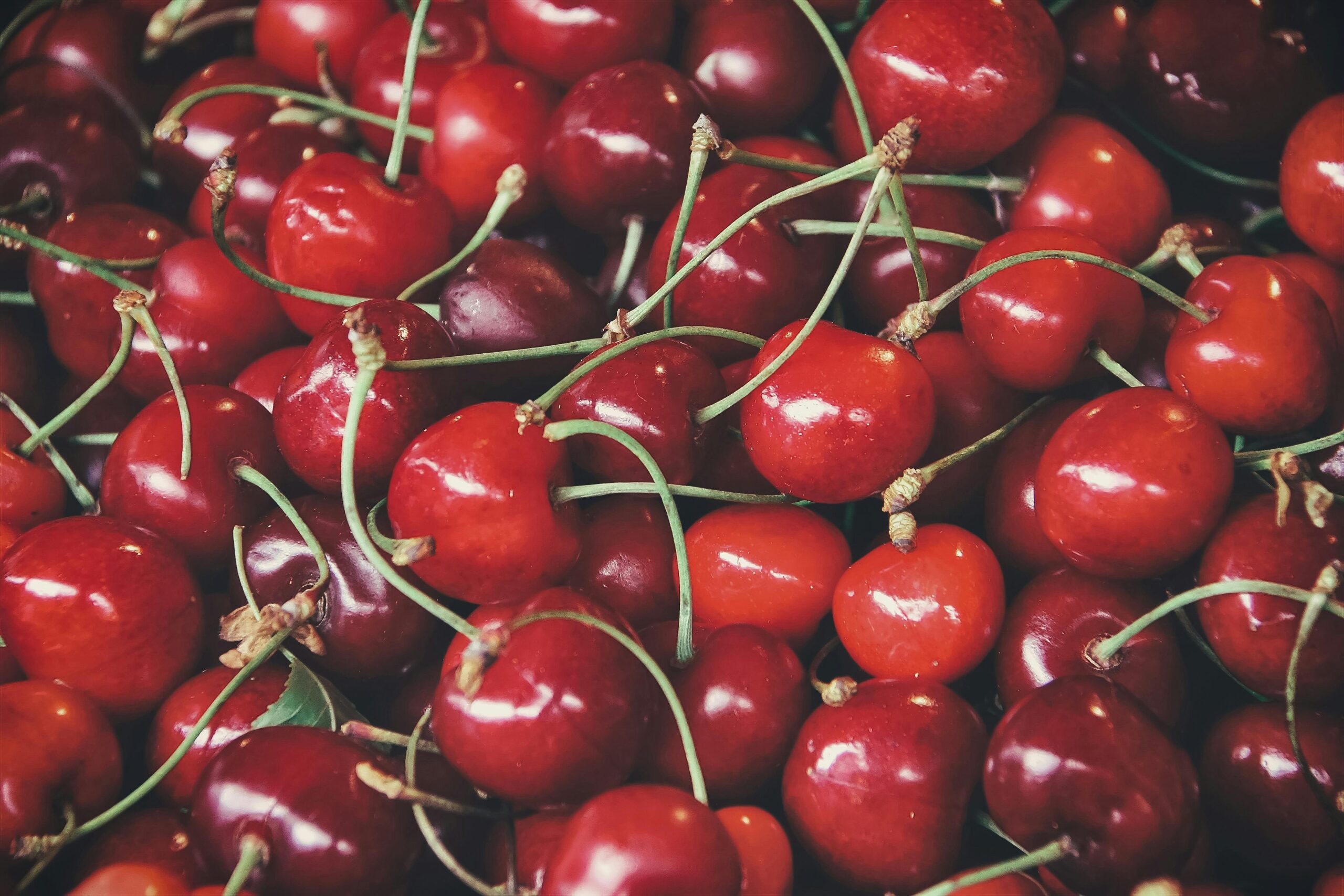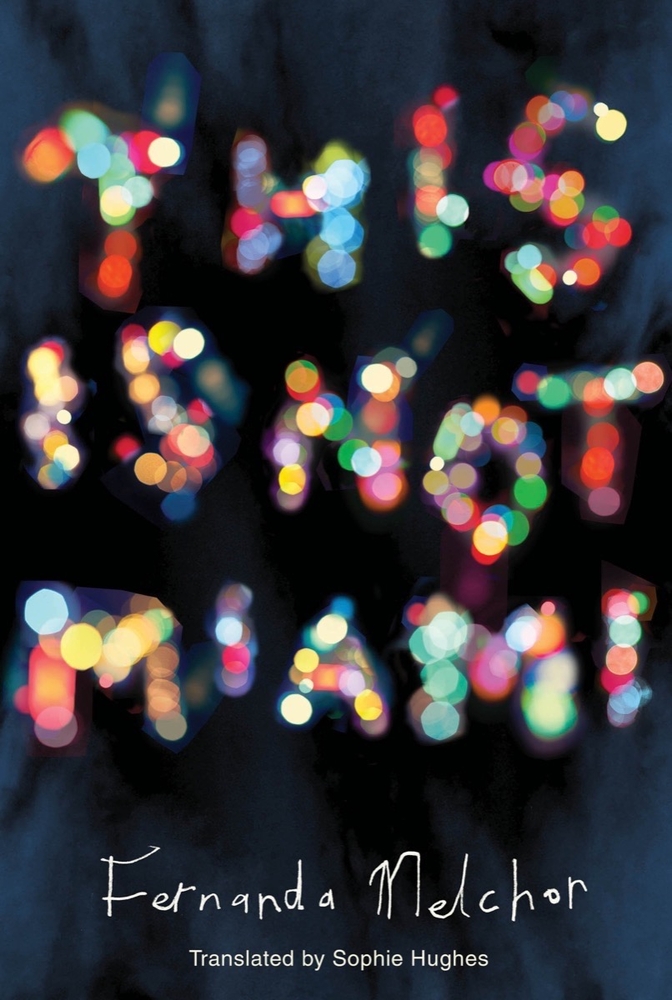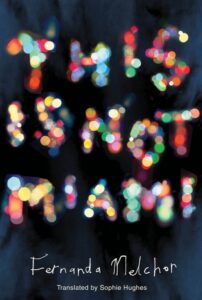Still bleeding from birth
I looked up from you, daughter
your grandma was
shouting at me
in our hospital room
and I thought, enough
of this childhood pain
(an emancipation never
complete in my heart)
the next weeks your little fist
dimpling my breast was a
mere aesthetic
as she had not blessed me
I could not let her go
For the cherries from
Saturday’s market I used
a sharp coffee spoon
each bright heart-organ
hoards the clit of the fruit
I stabbed and extracted
hurting my thumb
sometimes I couldn’t get
all the meat off
you fetched a stool
each fruit, gravely chosen
now came lifted and pillowed
on your soft palm
then you drank all the juice
in the discard bowl
it ran down your chin
and onto the floor
I drained all the juices
from under the flesh and
you guzzled that too
Such gusto my dear
with each breath I bless you
go go go
Farah Peterson‘s work has appeared in Alaska Quarterly Review, The Atlantic, The Best American Magazine Writing, The Florida Review, Ploughshares, and The Threepenny Review, and is forthcoming in the 2025 Pushcart Prize anthology. She is a law professor at the University of Chicago.












